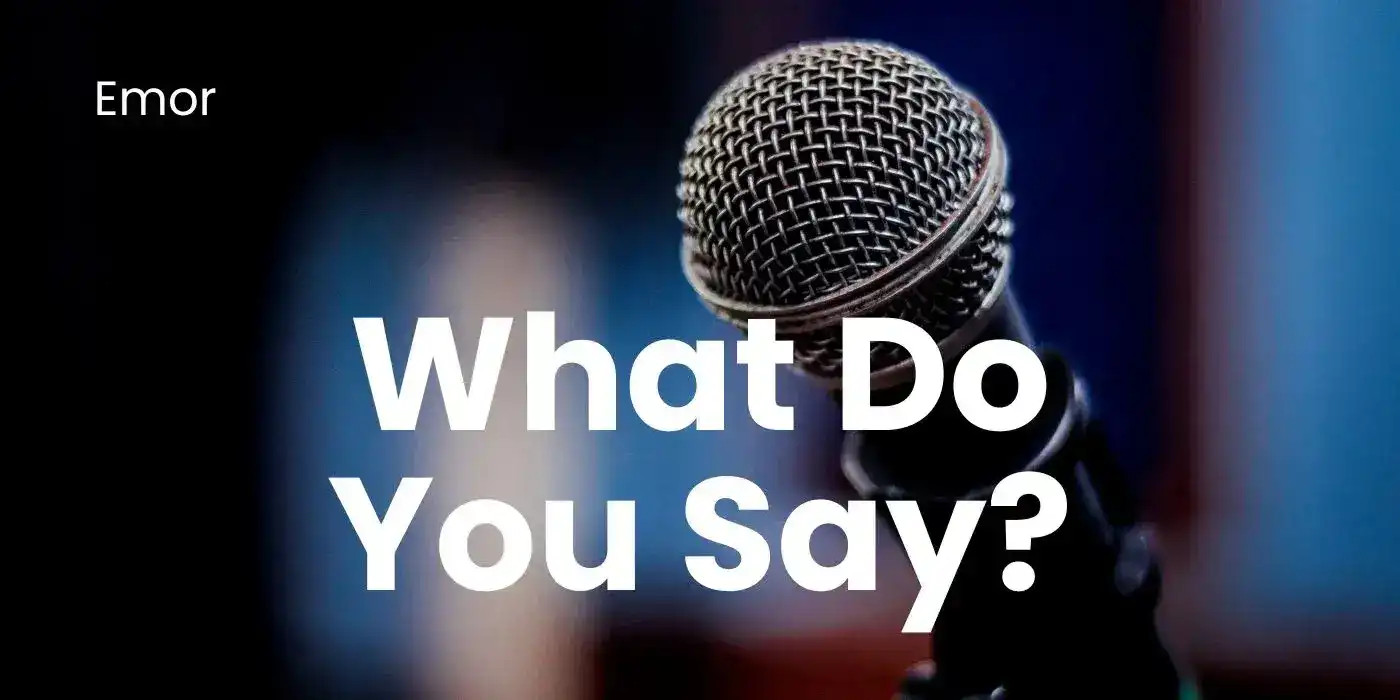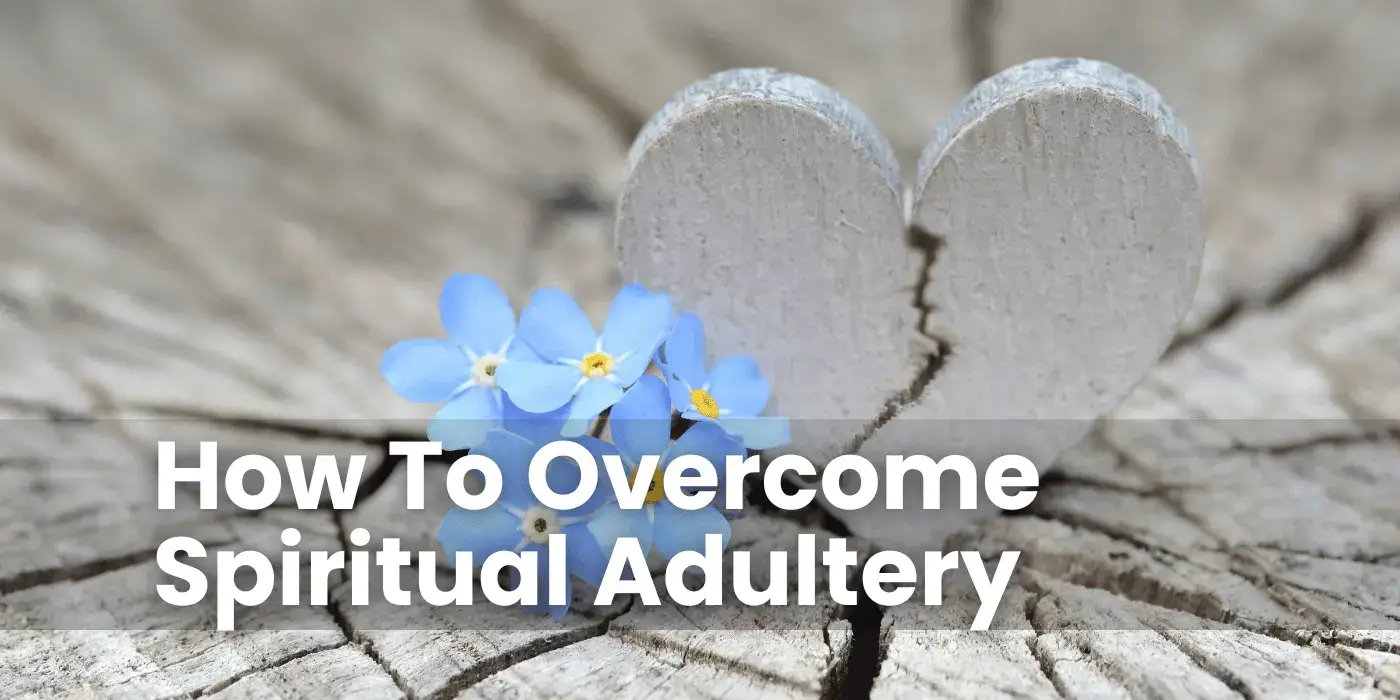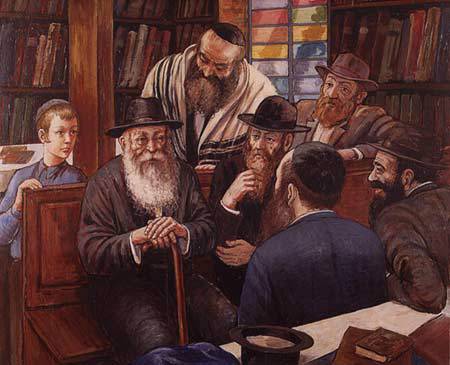What Do You Say?
The name of this week’s Torah portion is ‘Emor’, which means, ‘To say’.
This word as it’s written in the Torah is referring to the kohanim “Emor el hakohanim, Say to the kohanim.”
However ‘minhag Israel’, the custom of the people, is to call this parsha simply ‘Emor’ without the addition of the ‘to the kohanim’.
From this, each one of us can learn a lesson. That is the Torah is telling every single Jew to “Say!”
But what must a Jew say?
This is certainly not referring to speaking words of Torah.
For this we have a dedicated verse, “V’dibarta Bam, And you spoke them (words of Torah).”
But rather, the saying that every Jew is being commanded here to speak words of praise for a fellow Jew.
Speech Changes Reality
Regarding this verse, ‘Emor el hakohanim, say to the priests’m, the Midrash says, ‘Imros Hashem Imros Tehoros, what Hashem says is pure.
Imros Basar v’Dam ainam tehoros, the words of man are not pure.”
And the Midrash brings an example from an earthly king that promises his people to build a building.
And then he goes to sleep at night and does not wake.
“Where is he and where is what he said?!”, says the Midrash.
But whatever Hashem says He does.
The people of Israel are connected to Hashem as it’s said, ‘V’atem deveikim b’Hashem Elokeichem chaim kulchem hayom, And you that are connected to Hashem your G-d are all alive today”.
And so just like what Hashem says is truth and what He says ‘creates’, so too a Jew has the ability to speak truth that has the ability to affect and change reality.
But what exactly what type of speech can change reality?

Life can be challenging. Get short sweet insights & inspiration to help you live with more clarity, confidence and joy.

Get short and sweet insights & inspiration to help you master your marriage.
Revealing the Concealed
These are words of merit on others. The function of speech is to bring things out of concealment. Things that were hidden in the mind are revealed through speech. This has the power to affect another Jew.
When bad is spoken about others, it brings out the bad that exists within them. This can have a negative effect on the person. If those bad things weren’t said, it’s possible that that bad would remain inside of him and would not be acted upon.
Merit and Purification
And so, speaking of the bad things that others do, since ‘Mida Tova Meruba Mimidas hapuranus, measure of good is always greater than the measure of punishment..”, all the more so, when speaking good and praises of another Jew, brings out the good that is hidden within them.
And this gives them strength and help to better serve Hashem.
When we judge another Jew favorably and speak of his positive qualities, the speech itself causes these positive qualities to be activated and used.
This is the lesson that we can learn from the command to ‘Say, Emor!’
One should speak favorably of another Jew, to judge them favorably and to speak of their positive qualities.
When we do this we fulfill the deeper meaning of the saying in Pirkei Avos, Ethics of the Fathers, “Havu Dan Es Kol HaAdam L’Chaf Zcus, Judge every man to the side of merit.”
Don’t read ‘zechus’ as merit, but rather like ‘Zikuch’, purification.
This means that, this will bring about that every Jew will be refined and pure to the point when Hashem will say about him, “Israel Asher Bach Espaer, You Israel that because of you I am praised in the world.”








